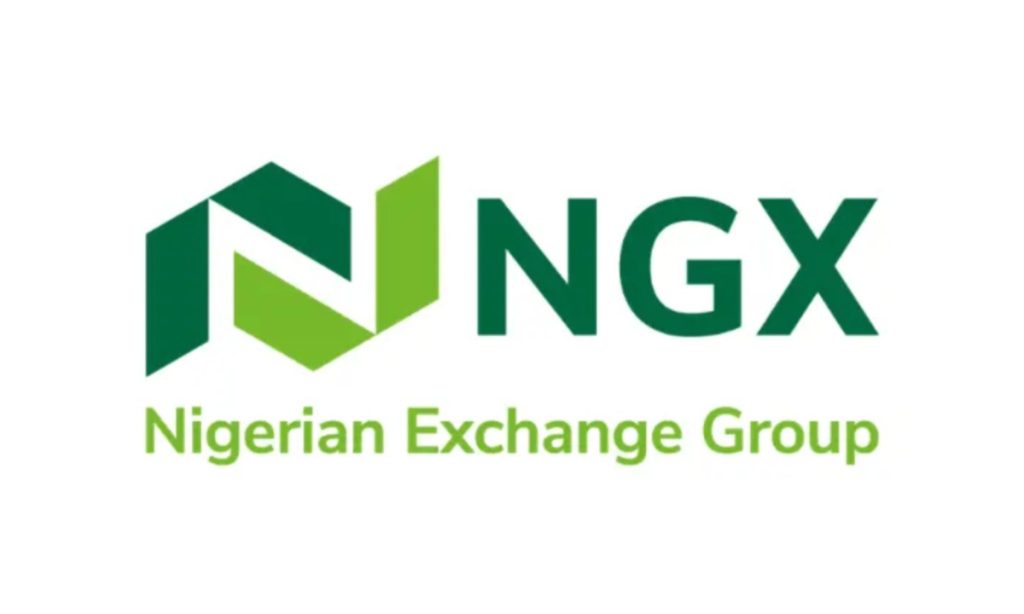The Nigerian Exchange Limited (NGX) has experienced a significant decline, with investors suffering losses totaling N1.50 trillion over the last three trading sessions. The market’s bearish trend, which started on Monday, has persisted through Wednesday, resulting in a cumulative loss of N1.50 trillion.
On Monday, the market opened with a substantial loss of N1.17 trillion, followed by N110.20 billion on Tuesday, and an additional N216 billion decline on Wednesday. This downturn has dragged the All-Share Index (ASI) down from 145,159.77 points on Monday to 144,986.51 on Tuesday, and further to 144,646.01 points on Wednesday. Market capitalization has also decreased, dropping successively to N92.329 trillion, N92.218 trillion, and N92.002 trillion within the same period.
The persistent sell-offs in major stocks, including Dangote Cement, Universal Insurance, ABC Transport, and LivingTrust Mortgage Bank, among others, have contributed to the market’s decline. However, some equities have bucked the negative trend, with NCR Nigeria, Sovereign Trust, Tantaliser, UAC, Caverton, and Prestige Insurance emerging as top gainers.
This renewed decline comes just a week after the NGX showed early signs of recovery from a historic market crash that wiped out N7 trillion from investors’ portfolios. The recent losses have raised concerns about the market’s stability and the potential impact on investor confidence. As the NGX continues to experience volatility, investors and market watchers are closely monitoring the situation, seeking signs of recovery or further decline.
The Nigerian stock market’s performance is closely tied to the country’s economic conditions, and the recent downturn may be indicative of broader economic challenges. As the market continues to evolve, it is essential to consider the underlying factors contributing to the decline and the potential implications for investors and the economy as a whole. With the NGX being a key indicator of Nigeria’s economic health, the current trend is likely to be closely watched by investors, policymakers, and other stakeholders.
